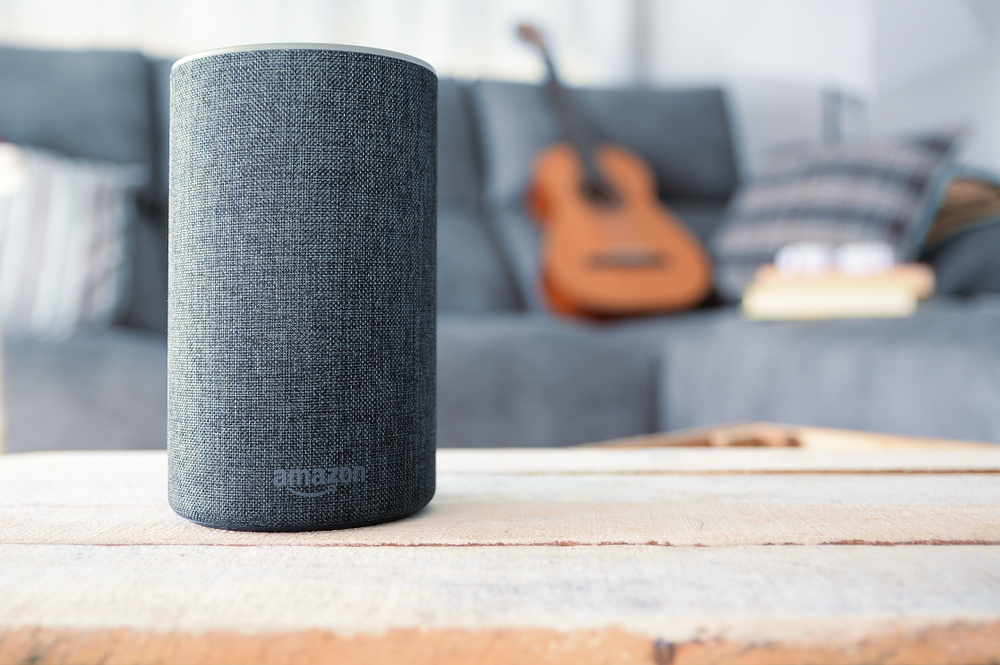The marvels of modern science have put us on the moon, cured smallpox and mapped the human genome. Now, scientists got their hands dirty again to help us understand, ahem, how we poop. And it's surprisingly intricate.
Bowel movements might not seem like that much of a mystery — everybody does it. But, until now, science has been slow to understand exactly how our bodies work to make it happen. (Youtube / Coloplast UK, Kane/Miller Book Publishers, Inc. / "Everybody Poops")
Researchers at McMaster University discovered there are actually two separate pacemakers in our system that work together to, er, move things along.
Medical Daily explains the difference between the two systems: The first one is called "peristalsis," and it uses muscle contractions to pass food materials through the digestive tract. This isn't exactly new information to the science world. (Via Wikimedia Commons / Auawise)
But the second rhythm — number two, if you will — is different; it's how nutrients are absorbed into the body, and it hasn't been previously explored. The researcher's findings of this system appeared in Nature Communications.
So, let's recap. One pacemaker pushes food along, another rhythm absorbs the food. The way these two interact is called "segmentation contractions." Jan Huizinga, the lead researcher, explains in a press release:
"It's like when a stone is dropped in water, it creates waves or motion that pushes things along, but when a second stone is dropped in the water, the movement changes to up and down, appearing to stay in the same place." (Via McMaster University, Youtube / Ijustmakestuff)
CBC reports Huizinga's research, "a scoop on poop," shows the existing theory that the nervous system controls the gastrointestinal process might be a load of crap. Instead, it appears the pacemaker system can work independently.
But before you poo poo the research as not very helpful, this means other research can be focused to help people with problems like diarrhea, when segmentation activity is too low, and constipation, when the activity is too high.










